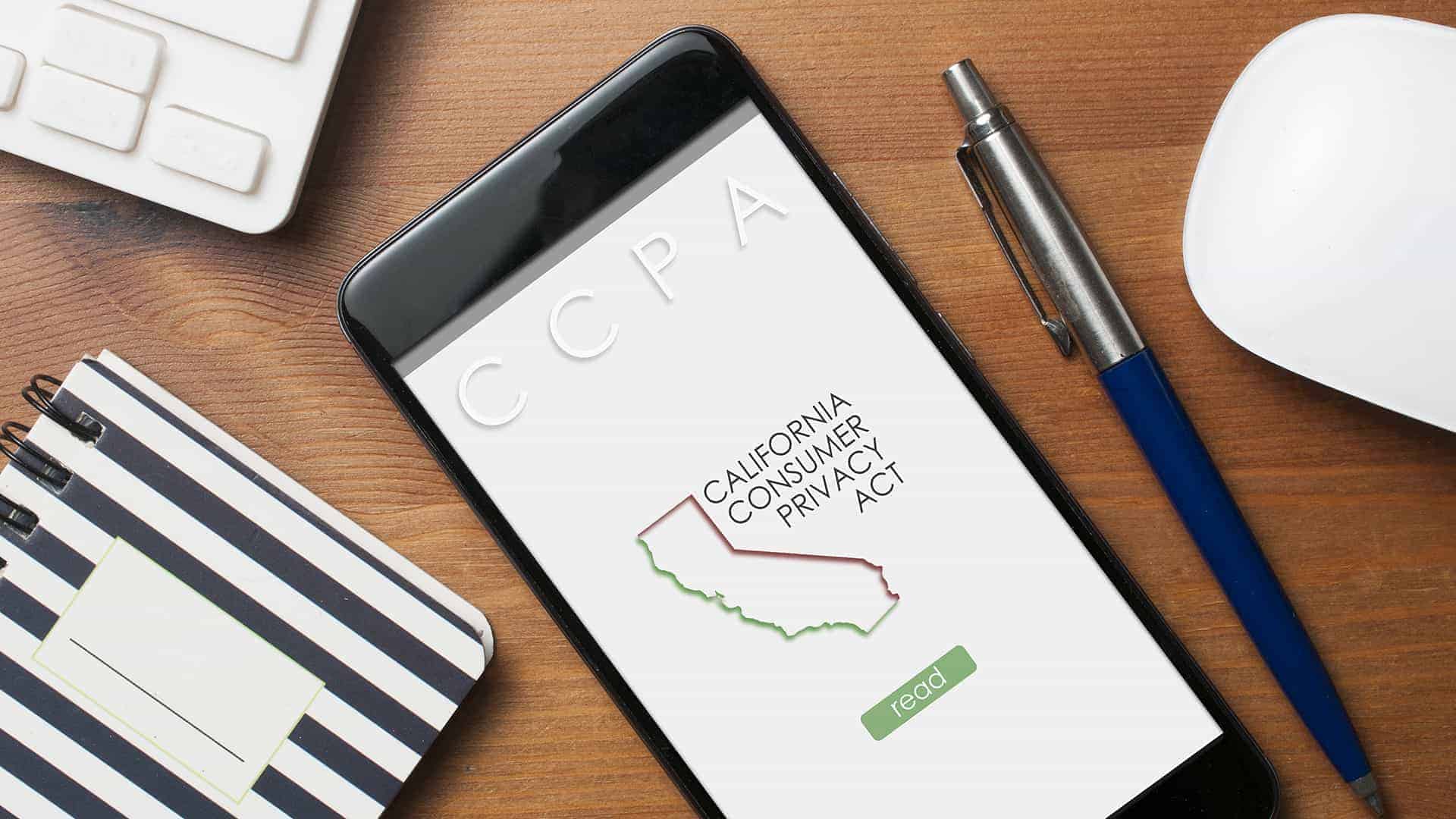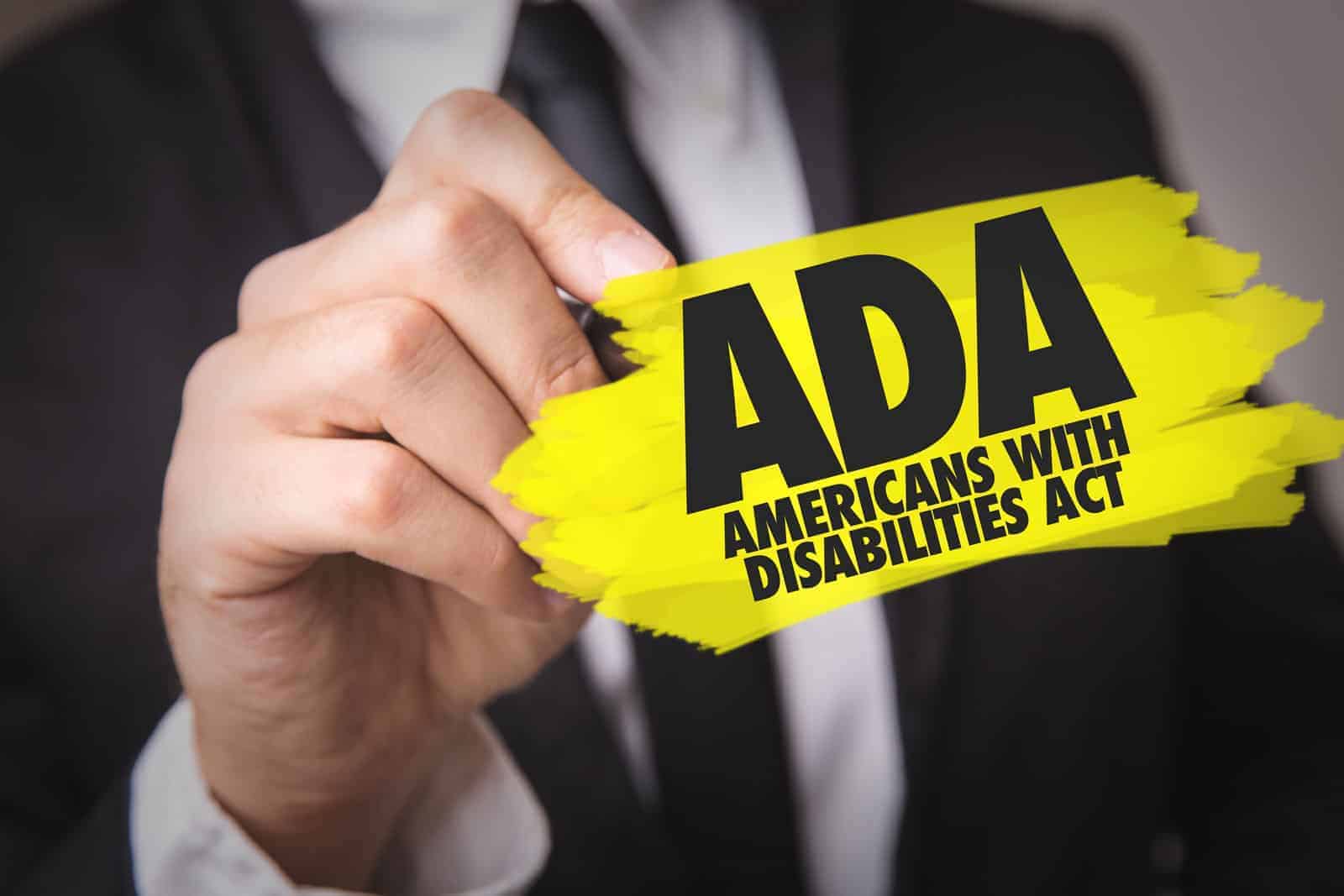
Bad Traffic: Lead Generation Under Scrutiny
Lead generation is a marketing activity that involves identifying and generating consumer interest in a product or service. Online lead generation has become commonplace, allowing a consumer to research products and services and connect with companies to fulfill their specific need. Done properly, lead generation is an efficient tool and has significant customer benefits. Done wrong, it can be a nuisance to consumers. Regulators and litigants have increased their efforts to identify lead generators doing it wrong, as well as the companies that are buying their leads.
Law360 reported yesterday that Andrew Smith, Director of the Federal Trade Commission’s Bureau of Consumer Protection, provided a clear message in his speech to compliance professionals on Wednesday: The FTC is cracking down on companies that generate or purchase consumer data gathered without the proper consent and that “big, responsible companies” are no safer from FTC scrutiny than fly-by-night advertisers if they’re aiding scammers. He accused unscrupulous lead generators of funding an “ecosystem of deceit” on the internet and revealed that the FTC is “not just looking at the people who generate bad traffic, but looking at the people who purchase that bad traffic.”
He provided the example of a banner on a website stating, “See what Honey Boo Boo looks like now.” When a consumer clicks on it, it promises a “$50 gift card for answering some questions,” but the $50 gift card never materializes. “But, before you know it, you’ve just answered a bunch of questions about whether you own your own home, whether you are interested in saving money on your energy bill, whether you are interested in a college degree, that kind of stuff.”
In previous comments related to a recent enforcement action, Director Smith further elaborated that “telemarketers have a duty to ensure that they are not placing calls to people on the National Do-Not-Call Registry and they cannot rely on affiliate websites that use fine print and other deceptive tactics to lure consumers.”
Director Smith’s comments highlight that all involved in the lead generation ecosystem are potentially liable for violations including publishers, affiliate networks, and sellers. Publishers should vet prospective buyers and understand how information is being used. Buyers must vet lead sources and ensure they are compliant. This is an area where an ounce of prevention is worth a pound of cure. Consult a competent compliance attorney if you are one of those in the ecosystem. Guidance can also be found at ftc.gov.
About Mac Murray & Shuster LLP
Mac Murray & Shuster (M&S) provides consumer protection regulatory compliance and defense counsel to businesses nationwide in highly regulated industries including teleservices, financial services, debt collection, healthcare, and charitable contributions. Led by former state regulators, including a former Ohio Attorney General, M&S helps clients thrive against a complex regulatory landscape through proactive compliance management and representation in litigation and other matters before state attorneys general and federal agencies including the FCC, FTC, and CFPB. Visit mslawgroup.com to learn more.
This article courtesy of Mac Murray & Shuster’s TCPA Monitor Blog and was written by Michele Shuster.






